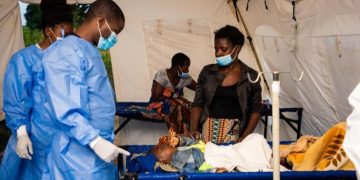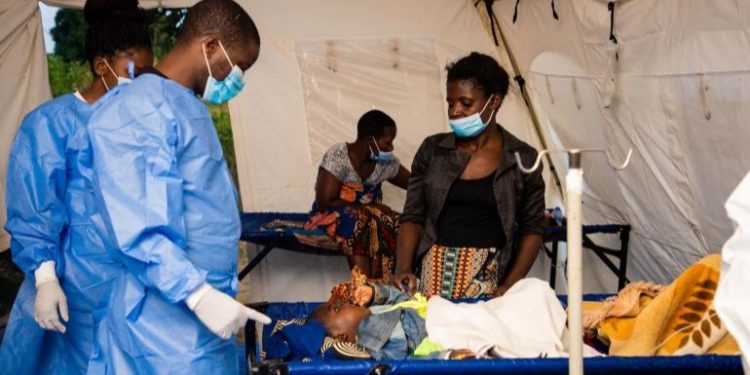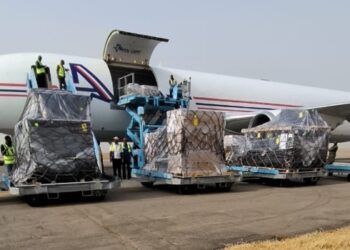A devastating collapse in health services has left Somalia battling explosive outbreaks of preventable diseases, with new data revealing infections have doubled since April and young children paying the heaviest price.
Health clinics across Somalia are shutting their doors as foreign aid dwindles, creating a perfect storm for disease transmission. Cases of measles, diphtheria, whooping cough, cholera, and acute respiratory infections have skyrocketed from 22,600 to over 46,000 in just three months. Sixty percent of all cases involve children under five. Measles disproportionately targets toddlers, with 75 percent of 5,436 cases hitting this vulnerable group. Cholera has claimed eight lives, including five young children.
The surge stems directly from slashed health budgets that have closed 47 nutrition clinics, one third of Save the Children’s network. Routine immunizations and catch-up campaigns have halted, and primary care access for displaced families in overcrowded camps has all but disappeared. “These aren’t just numbers—they’re children who could have been protected,” said a Ministry of Health official, reporting 357 new suspected cases of vaccine-preventable diseases in under-fives last week alone.
The health crisis intersects catastrophically with Somalia’s other emergencies. Malnutrition weakens immunity, accelerating disease spread. Closed clinics force families to forgo critical care. Medical misinformation flourishes in the vacuum.
Save the Children warns this breakdown could unleash frequent and deadly outbreaks at unprecedented scales, recalling how similar cuts preceded Somalia’s 2017 cholera epidemic that killed 1,100 people.
With global attention diverted by other crises, Somalia’s health system now operates at fractured capacity. Health workers describe watching preventable diseases resurge as supply shelves empty, a grim testament to how aid cuts translate directly into lost lives. As one nurse in Mogadishu put it, “We’re not just fighting diseases anymore. We’re fighting abandonment.”



































